
Featured Resource
Why Over Half of California School Districts Trust SchoolStatus
Read More >Join Mission: Attendance to reduce chronic absenteeism in 2025-26! >> Learn How <<

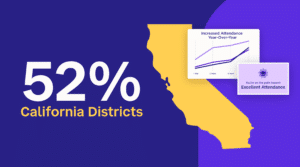

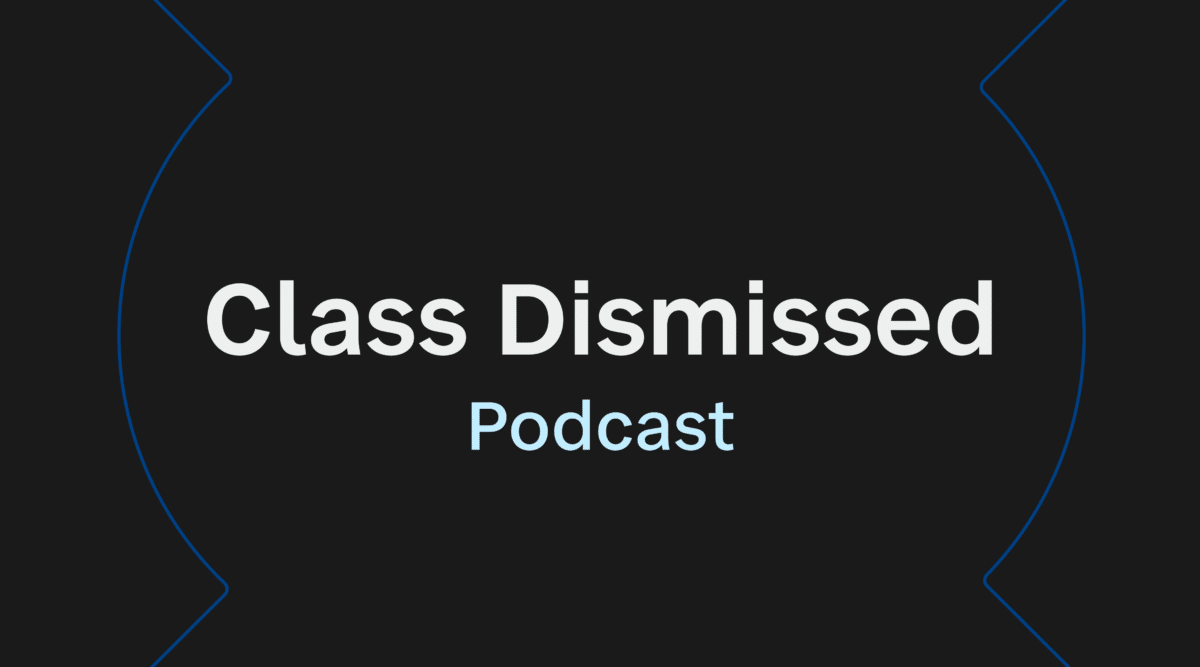

Podcast: Play in new window | Download (Duration: 45:17 — 31.5MB) | Embed
Subscribe: Apple Podcasts | Google Podcasts | Email | RSS | More
When companies look for employees, they look for candidates that are curious, creative and persistent. So logically, these are the skills we should be teaching and measuring in our school system. But how do you measure curiosity or creativity?
YJ Kim is a project director at the MIT Office of Open Learning, and she’s been working years to answer this question.

“When we started talking to teachers more about it, we quickly realized that teachers do want to measure, they do want to assess those skills,” says Kim “But they often feel like at the end of the day we just have to do standardized testing.”
Currently, schools assess students on content retention. Using a standardized test, it’s relatively easy to do. But there really is no standardized test for curiosity. In response to that, Kim and her colleague, Lousia Rosenheck have been designing what they call “playful assessments.”
Rosenheck, who is a designer and researcher at MIT, says a lot of the construct behind playful assessments is helping learners recognize what they’re good at, how they can improve and how the individual can tell if they’re getting better at those things.
“Communication is an important skill. But what does that mean? What are the different kinds of communication?”
Rosenheck says these are the types of questions they hope their tools can answer.
One of the tools the researchers are designing is called “Shadowspect.” It’s a game-based assessment that looks like a fun puzzle. Kim says you rotate shapes and figures in the environment, and it measures not just students mathematics strengths, but it also assesses the students spacial reasoning, creativity, and persistence.

Shadowspect Screenshot Credit: MIT Teaching Systems Lab
“How those things are measured is because we are using a lot of process data that is logged through the gameplay,” says Kim.
Shawdowspect monitors the things the user moves, clicks and rotates and then it uses those features to make inferences based on how the user solves the puzzles.
Rosenheck says they are still in the early stages of development, but they are inviting teachers to join a pilot program that will be starting in the next month or two.
Kim says the notion of playfulness is essential because their goal is to reimagine what assessment really means. The researchers want assessment to go beyond something that students are just passively doing.
“If you think about a playground, everybody who comes to a playground are equal players. They share they have fun, and everybody participates in the process of play,” says Kim. “When we think about assessment, it’s something that’s given to students, and they don’t really have any say in how they’re assessed.”
Rosenheck knows that if a school can’t measure something, it probably won’t be a priority for the school.

“Our school system is so focused on assessments that the way it is, things are not going be taught, they are not going to be given priority if we can’t assess them,” says Rosenheck
That’s why finding a way to measure skills like curiosity, creativity and persistence are so important.
“So if we can find tools and mindsets that show everybody how we can value these skills, then teachers can finally focus more on those, and validate what students are doing, and celebrate the wonderful projects that students are doing that are meaningful to them,” says Rosenheck
Kim says they can develop great assessment systems that have psychometric qualities, but if teachers are not using the assessments it’s not really a win for her.
“I have two kids and they talk about how anxious they are when they take quizzes and tests,” says Kim. “And I really hope that in 20 years or so, kids won’t need to feel that way about assessments.”
To learn more about incredible work Kim and Rosenheck are doing at MIT, listen to Episode 82 of the Class Dismissed podcast. You can find Class Dismissed in your favorite podcast app or on iTunes.
All Rights Reserved. Class Dismissed Podcast 2018
‚
 SchoolStatusSchoolStatus provides a suite of data-driven solutions that impact positive student outcomes through attendance improvement, family engagement and communication, educator development, and administrative excellence. Partnering with thousands of districts across the U.S., SchoolStatus serves over 22 million students across all 50 states. Because when schools and families come together, there's no limit to what students can achieve.
SchoolStatusSchoolStatus provides a suite of data-driven solutions that impact positive student outcomes through attendance improvement, family engagement and communication, educator development, and administrative excellence. Partnering with thousands of districts across the U.S., SchoolStatus serves over 22 million students across all 50 states. Because when schools and families come together, there's no limit to what students can achieve.
News, articles, and tips for meeting your district’s goals—delivered to your inbox.






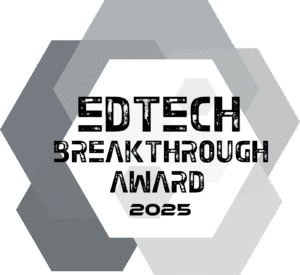
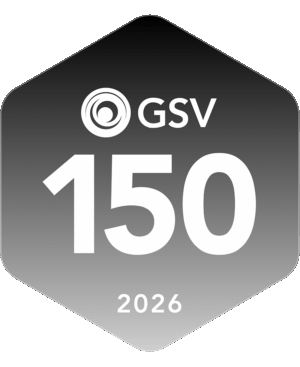

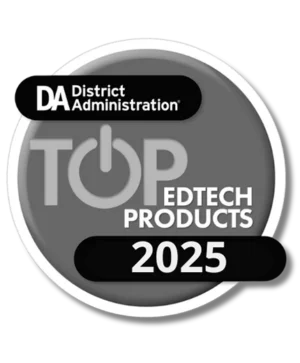


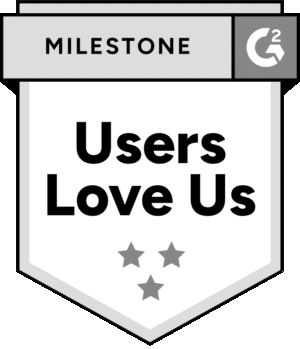
Ready to learn more about our suite of solutions?
